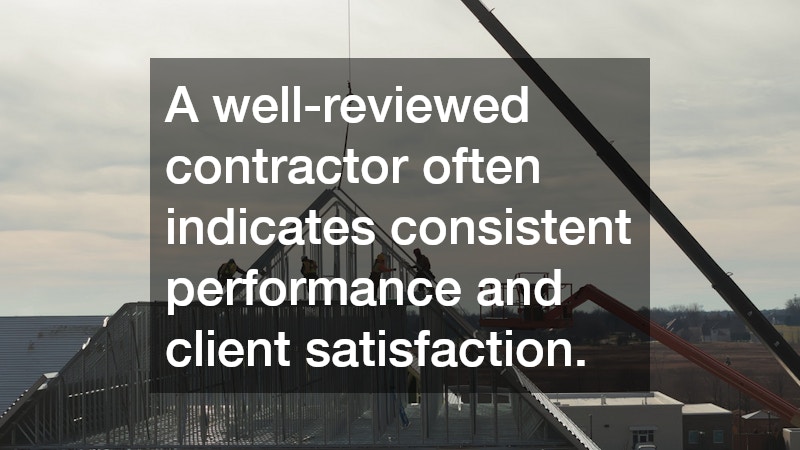Roofing projects are significant undertakings that demand careful planning and preparation. Understanding roofing essentials is crucial to ensure a successful outcome and avoid common pitfalls encountered by homeowners.
Homeowners should equip themselves with the right knowledge concerning materials, inspections, and contractor selection. This foresight not only saves time and money but also results in a more durable and aesthetically pleasing roof.
With an informed approach, homeowners can make educated decisions that enhance the long-term performance and appearance of their roofing investment.
Understanding Roofing Materials
Types of Roofing Materials
There is a wide variety of roofing materials available, each with distinct characteristics and benefits. Common options include asphalt shingles, known for cost-effectiveness, metal for durability, and tiles for aesthetic appeal.
Other materials like wood shakes offer natural beauty, while synthetic roofing materials provide versatility and resilience. The choice of material can significantly influence not only the look of a home but also its resistance to environmental factors.
Before selecting, homeowners should thoroughly research each type to understand maintenance requirements, lifespan, and compatibility with their existing roof structure.
Choosing the Right Material for Your Climate
Climate plays a pivotal role in determining the most suitable roofing material. In regions with heavy rainfall, materials like metal and tile are ideal due to their water-resistant properties.
Conversely, in areas with frequent temperature fluctuations, asphalt shingles may perform better due to their flexibility. Synthetic materials are becoming increasingly popular for their ability to simulate traditional looks while offering superior performance in diverse climates.
By choosing materials aligned with local climate conditions, homeowners can enhance their roof’s longevity and ensure optimal performance year-round.
Importance of Roofing Inspections
Conducting Pre-Project Inspections
Before commencing any roofing project, a thorough inspection of the existing roof is paramount. Identifying and addressing damages or wear can prevent future complications during the installation process.
Inspectors typically check for signs of leaks, damaged shingles, and structural issues that may affect installation. A fact homeowners should be aware of is that even minor issues, if untreated, can escalate into costly damages.
This proactive approach allows homeowners to plan accordingly and allocate budget and resources efficiently.
Scheduling Regular Maintenance Checks
Regular roof maintenance is essential for prolonging the lifespan of a roof and safeguarding the home. Routine checks help detect potential issues before they transform into significant problems.
Cleaning gutters, replacing damaged shingles, and sealing leaks promptly are crucial maintenance tasks. According to experts, well-maintained roofs can last significantly longer than neglected ones, offering better protection and value.
Scheduling bi-annual inspections, especially after severe weather events, ensures the roof remains in optimal condition year-round.
Finding the Right Roofing Contractor
Questions to Ask Potential Contractors
Interviewing potential contractors is a critical step in the roofing project. Homeowners should ask about the contractor’s experience, licensing, and insurance to gauge their qualifications.
Additionally, inquiries about the timeline, project costs, and workmanship warranties provide insight into the contractor’s reliability and professionalism. This process helps establish clear expectations and mitigates the risk of disputes during the project.
Due diligence in selecting a contractor can significantly influence the quality and longevity of the roofing work performed.
Checking References and Reviews
Verifying references and reviews is essential in assessing a contractor’s past performance and reliability. Speaking directly to former clients provides firsthand insights into the contractor’s work ethic and problem-solving capabilities.
Online reviews can offer additional perspectives but should be taken with a discerning view to ensure credibility. A well-reviewed contractor often indicates consistent performance and client satisfaction.
Thorough research and verification of a contractor’s credentials can safeguard homeowners from potential pitfalls and costly mistakes.
Embarking on a roofing project requires a thorough understanding of materials, inspections, and the selection of qualified contractors. Preparation and research are key to ensuring a resilient and high-quality roof that elevates the home’s value and comfort.
Investing time in understanding these facets equips homeowners with the tools necessary to make informed decisions throughout the roofing process. By emphasizing knowledge and preparation, homeowners can achieve durable, aesthetically pleasing roofing results.
Ultimately, a well-informed approach leads to greater satisfaction and peace of mind, knowing that the roofing project is executed with precision and care.

